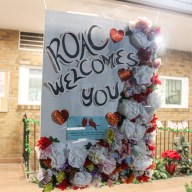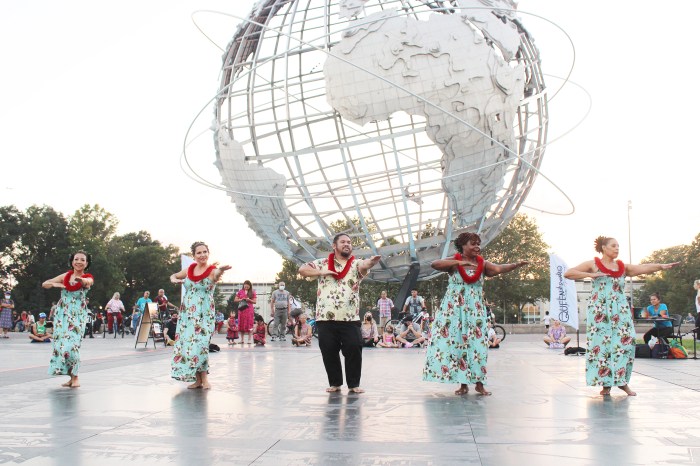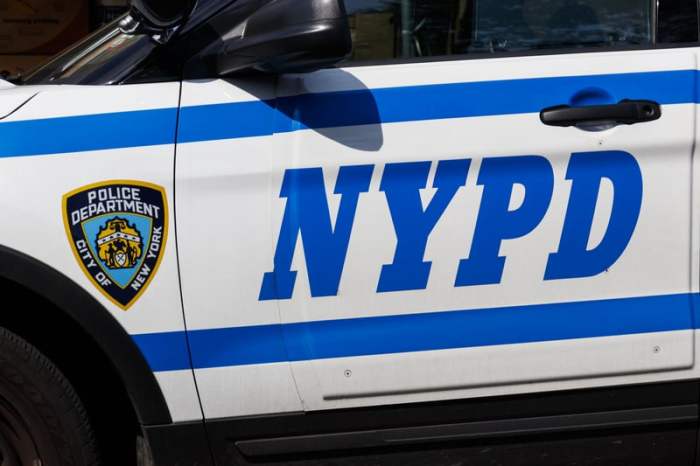There has been much discussion about the use of hydraulic fracturing, or fracking, when drilling for natural gas in the Marcellus Shale areas in New York state. Gov. Andrew Cuomo will have the final say as to whether to allow this controversial technology to be used. Please contact him with your thoughts about this issue.
The gas and oil companies have been blanketing the media with ads proclaiming the safety of this process and the millions of jobs drilling will supposedly create. They are spending huge amounts of money not just for their rosy ads, but also in terms of contributions to the campaign coffers of many elected leaders.
Many questions still remain unanswered about fracking and the fluid used in the process. Scientists and environmental and community groups in our state are asking:
1. Why is fracking fluid exempted from being regulated as hazardous waste when it contains many toxic and carcinogenic chemicals?
2. How close to watershed areas should drilling be allowed?
3. What will be the impact on public health and safety if fracking fluid seeps into water sources like wells, reservoirs and waterways?
4. In other states, fracking fluid has contaminated wells and streams, so what contingency plans have been put into place in New York if drinking water becomes contaminated by fracking fluid?
5. Why hasn’t a cumulative impact analysis and a health risk assessment been done to determine the effect that fracking will have on residents and communities near where the projected 65,000 wells will be operating?
6. Where will the billions of gallons of water required in the fracking process come from and what will happen in times of drought?
7. Why hasn’t a comprehensive plan been established to determine how the projected billions of gallons of wastewater generated during drilling will be disposed of? Will the wastewater, which contains residue fracking fluid, be stored in open pits or will it be trucked off to other destinations? No matter where or how it is stored, how will the wastewater be handled given its toxicity and radioactivity?
8. Does drilling using fracking and/or storage of wastewater from fracking procedures precipitate earthquakes? Areas in Ohio have experienced these events and many believe there is a link to the fracking process.
9. Natural gas obtained in the Marcellus Shale and other regions contain high levels of radon gas, a known carcinogen, so how will things be monitored to make sure the health of those receiving this natural gas is not threatened?
10. Just how many jobs and what kind of jobs will be created if fracking moves forward in New York, and will these jobs benefit area residents?
Cuomo should provide answers to these and other questions. I believe the responses will show that fracking is not worth the risks and that we need to move forward with renewable, safe energy alternatives like solar and wind power.
This will create jobs that we need while protecting our environment.
Henry Euler
Bayside































